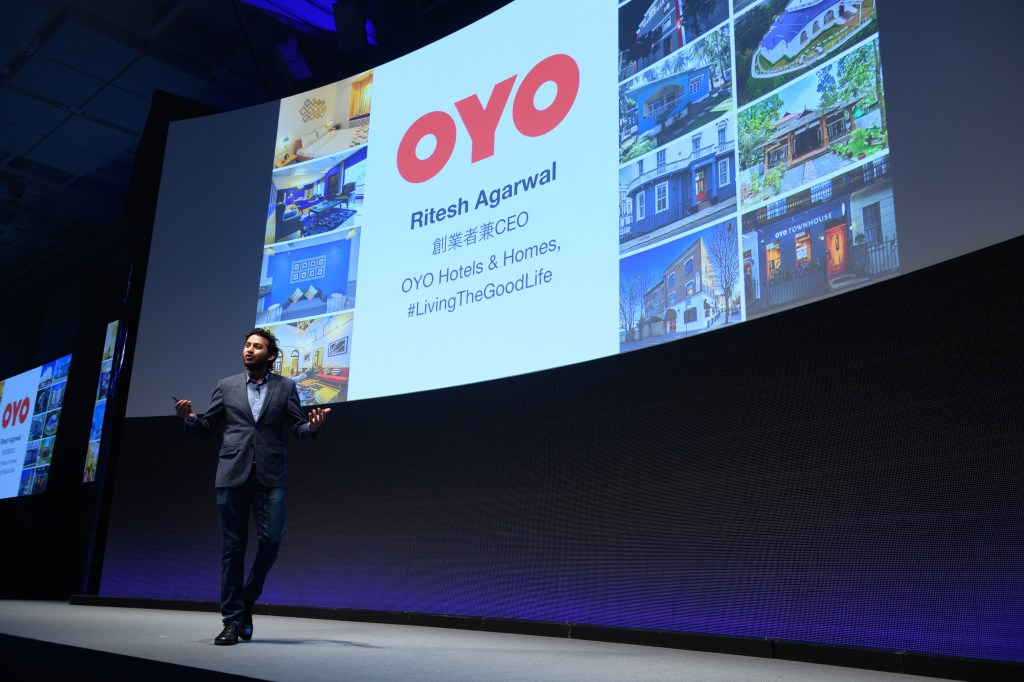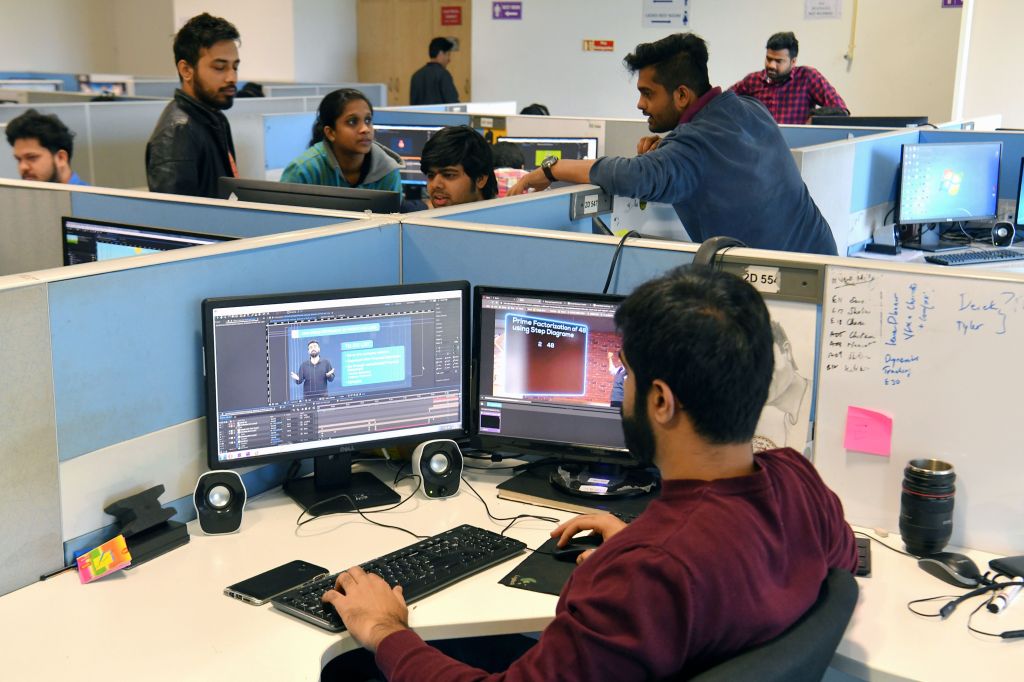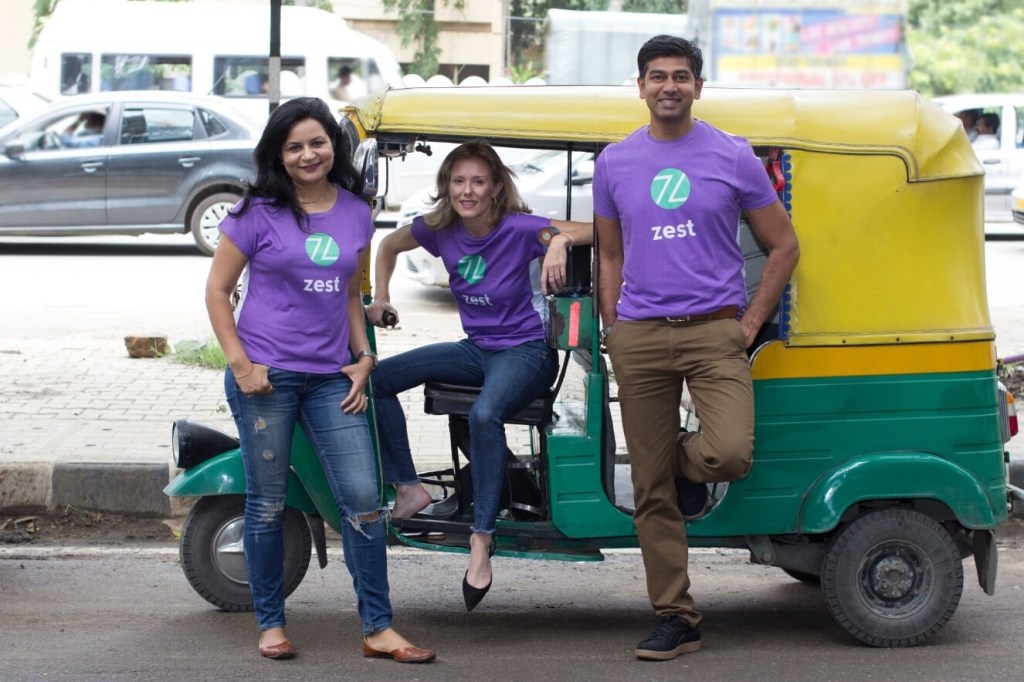
Oyo, the Indian budget-hotel chain startup, is finalizing a fresh fundraise of about $100 million to $125 million that slashes its valuation to $2.5 billion, two people familiar with the matter told TechCrunch.
That’s a steep decline in the Gurgaon-headquartered startup’s value, which was worth $10 billion in 2019. The startup, struggling to raise from institutional investors, has been aggressively pitching high-net-worth individuals in recent months.
“We genuinely feel that this asset makes a lot of sense today. Being profitable and @70% discount to the previous valuation. Listing expected in 18-24 months,” a representative of InCred, a financial firm working with Oyo, pitched in a message (seen by TechCrunch) to a startup founder.
TechCrunch reported early last month that Oyo was seeking to raise funds at a $3 billion valuation or lower. At the time, Oyo vehemently denied the “rumors, including that of the valuation.” The new round is likely to grow bigger in size, said the aforementioned sources, who requested anonymity as the matter isn’t public.
The new funding follows Oyo shelving its plan for an IPO last month. The startup — which counts SoftBank, Peak XV Ventures, Lightspeed, Airbnb and Microsoft among its backers — has withdrawn its IPO application from the Indian markets regulator the Securities and Exchange Board of India twice in the last four years.
Oyo had initially filed paperwork with SEBI in 2021 for a public listing but withdrew it and refiled in 2023. The firm, which has raised over $3 billion to date, sought to raise $1.2 billion at a valuation of $12 billion in the IPO in 2021.
Once one of the hottest Indian startups, Oyo operates an OS of sorts to help hoteliers accept digital bookings and payments. The startup was once operational in dozens of markets, including the U.S. and Europe, but has since curbed its international play.
It observed a net profit of $12 million in the financial year ending March, according to founder and chief executive Ritesh Agarwal.
Agarwal in 2019 took a $2 billion debt to increase his stake in Oyo, valued at $10 billion at the time. He invested $700 million as primary capital in Oyo and spent $1.3 billion on a secondary purchase of Oyo shares. The startup has not commented on the status of that debt since.
Indian newspaper Economic Times also reported about the new funding on Monday, adding that the startup will seek approval from existing shareholders for the funding this week.





